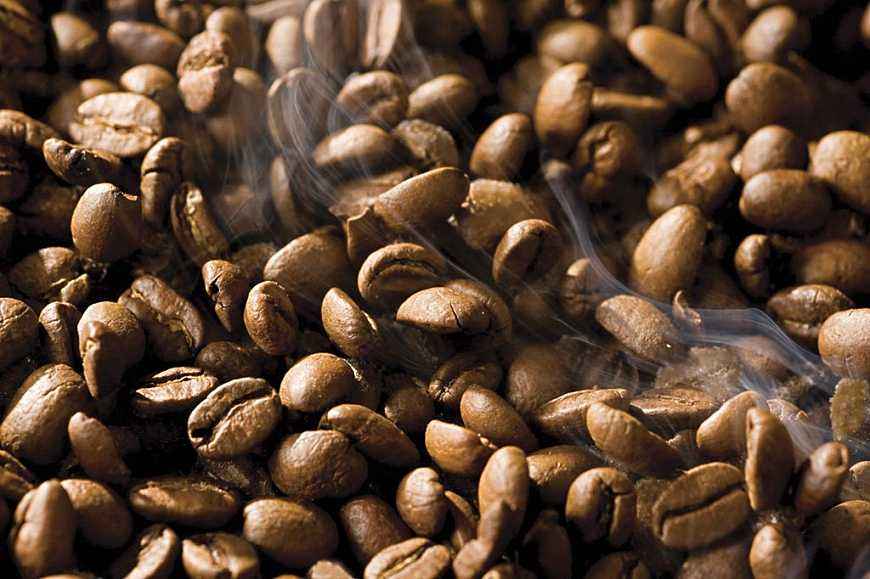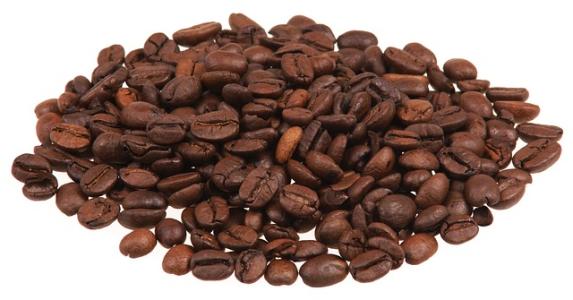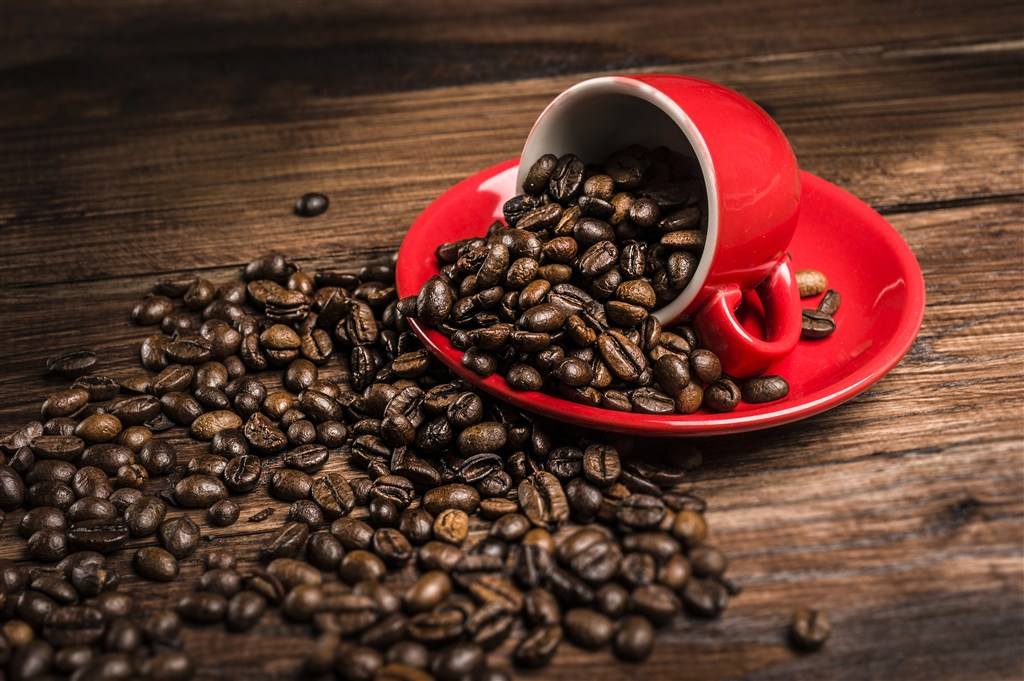Flavor description of Salvadoran coffee producing area, origin of Salvadoran coffee
Follow the caf é (Wechat official account vdailycom) and found that Beautiful Cafe opened a small shop of its own.
El Salvador's unique high-grade variety Pacamara, Pacamara is a sudden variation of the bourbon species found by Pacas Pacas- in El Salvador and a hybrid with the giant bean Maragogype, a sudden variant of the Tibica species found in Brazil.

The interesting thing about Christmas farm coffee is that its refining method is secret, using mineral-rich hot spring water to process raw coffee beans. The farm is located in fertile volcanic soil and rich in natural hot spring water, so it is all used in raw bean processing; there are many coffee gardens in the world, but this method is rare.
El Salvador (ElSalvador) is one of the small countries in Central America, where coffee is light, fragrant, pure, slightly sour and characterized by excellent balance of flavor. It is a specialty of Central America. With sour, bitter, sweet and other taste characteristics, the best baking degree is moderate, deep.
Salvadoran Coffee-Coffee Origin
In the early 1990s, guerrilla warfare greatly damaged the country's national economy, reducing coffee production from 3.5 million bags in the early 1970s to 2.5 million bags in 1990-1991. The eastern part of the country was most affected by guerrilla warfare, and many farmers and workers were forced to leave the manor. The shortage of funds has led to a sharp drop in coffee production, from 1200 kg per hectare in the past to less than 900kg per hectare today.
In addition, the government imposed an additional 15% tariff on exported coffee in 1986, that is, an additional 15% in addition to the existing 30% tax. Taxes, together with unfavorable exchange rates, have greatly reduced the export of coffee and the quality of coffee.
The government finally realized the great role of coffee in the national economy, such as solving employment, earning foreign exchange and developing agricultural production, so it privatized some coffee export industries in 1990, hoping to increase the income rate of coffee in the export market.
Today, this coffee accounts for 40% of the country's exports. The best quality coffee is exported from January to March, and 35% of the extra hard beans are exported to Germany.
Salvadoran coffee.-Salvadoran coffee.
Flavor: balanced taste and good texture
Recommended baking method: moderate to deep, with a variety of uses
Top quality beans: El Salvador SHB
Taste characteristics: sour, bitter, sweet mild and moderate.
Salvadoran coffee ranks side by side with Mexico and Guatemala as the producers of Asa and Merdo, and is fighting for the top one or two places in China and the United States with other countries. The highlands of origin are large coffee beans of all sizes, which are fragrant and mild in taste. Like Guatemala and Costa Rica, coffee in El Salvador is graded according to altitude. The higher the altitude, the better the coffee. It is divided into three grades according to elevation: SHB (strictlyhighgrown) = highlands, HEC (highgrowncentral) = mid-highlands, and CS (centralstandard) = lowlands. The best brand is Pipil, which is what the Aztec-Mayan (Aztec-Mayan) called coffee, which has been recognized by the American Organic Certification Society (OrganicCertifiedlnstituteofAmerica).
Mild Salvadoran coffee
El Salvador is one of the small countries in Central America with a dense population. The flavor of its coffee is characterized by excellent balance.
Today, this coffee accounts for 40% of the country's exports. 35% of the extra hard beans of the best coffee are exported to Germany from January to March.
In the early 1990s, guerrilla warfare greatly damaged the country's national economy, reducing coffee production from 3.5 million bags in the early 1970s to 2.5 million bags in 1990-1991. The eastern part of the country was most affected by guerrilla warfare, and many farmers and workers were forced to leave the manor. The shortage of funds has led to a sharp drop in coffee production, from 1200 kg per hectare in the past to less than 900kg per hectare today. In addition, the government imposed an additional 15% tariff on exported coffee in 1986, that is, an additional 15% in addition to the existing 30% tax. Taxes, together with unfavorable exchange rates, have greatly reduced the export of coffee and the quality of coffee.
The government finally realized the great role of coffee in the national economy, such as solving employment, earning foreign exchange and developing agriculture, so it privatized some coffee export industries in 1990, hoping to increase the income rate of coffee in the export market.
In Cuscacbapa, El Salvador, coffee beans that have been packaged are about to be exported.
Important Notice :
前街咖啡 FrontStreet Coffee has moved to new addredd:
FrontStreet Coffee Address: 315,Donghua East Road,GuangZhou
Tel:020 38364473
- Prev

El Salvador Coffee planting, El Salvador Coffee introduction
Following caf é (Wechat official account vdailycom) found that the coffee grown in El Salvador is 100% Arabica coffee and grows in mountains and volcanic slopes rich in organic fertile soil. El Salvador produces the world-famous Bourbon variety, which is highly appreciated by coffee connoisseurs all over the world.
- Next

Nicaraguan coffee flavor description, Nicaraguan coffee producing area
Following the comments (Wechat official account vdailycom) found that Nicaragua is an economically backward agricultural country, one of the poorest countries in Central America, with high unemployment rate and people living in poverty, while coffee is Nicaragua's pillar industry, producing nearly 100,000 tons of coffee beans every year. Due to the poor economic foundation, the coffee industry is still relatively backward.
Related
- Detailed explanation of Jadeite planting Land in Panamanian Jadeite Manor introduction to the grading system of Jadeite competitive bidding, Red bid, Green bid and Rose Summer
- Story of Coffee planting in Brenka region of Costa Rica Stonehenge Manor anaerobic heavy honey treatment of flavor mouth
- What's on the barrel of Blue Mountain Coffee beans?
- Can American coffee also pull flowers? How to use hot American style to pull out a good-looking pattern?
- Can you make a cold extract with coffee beans? What is the right proportion for cold-extracted coffee formula?
- Indonesian PWN Gold Mandrine Coffee Origin Features Flavor How to Chong? Mandolin coffee is American.
- A brief introduction to the flavor characteristics of Brazilian yellow bourbon coffee beans
- What is the effect of different water quality on the flavor of cold-extracted coffee? What kind of water is best for brewing coffee?
- Why do you think of Rose Summer whenever you mention Panamanian coffee?
- Introduction to the characteristics of authentic blue mountain coffee bean producing areas? What is the CIB Coffee Authority in Jamaica?

